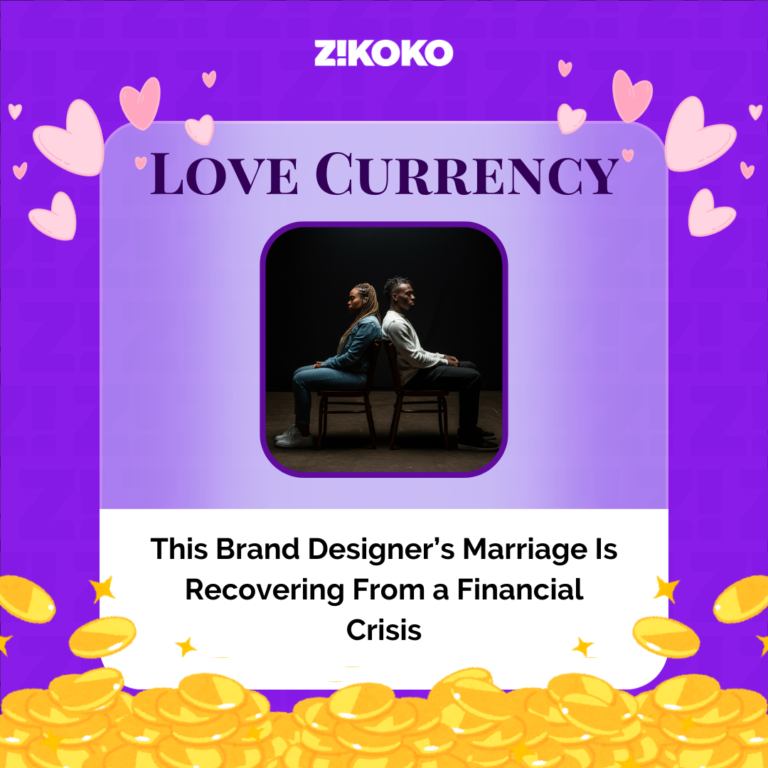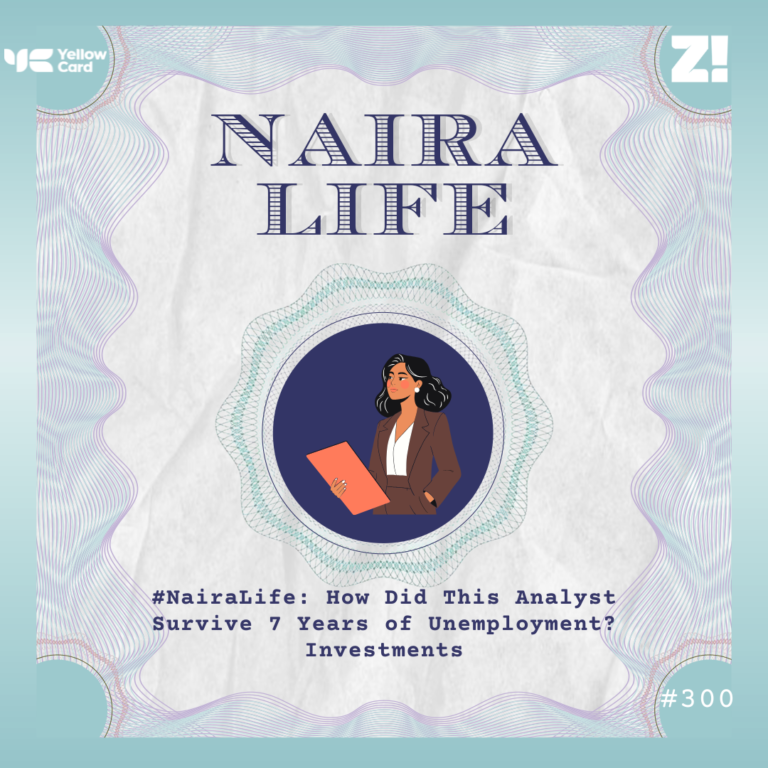You’ve probably fallen for at least one scam in your lifetime, but for Adeoti*, the number is far greater.
In this story, she shares her frustrations about having fallen for more scams than usual, the possible causes, and what she hopes to do differently so it doesn’t happen again.
As told to Boluwatife

Image: Zikoko
I don’t know if it’s because I automatically see the good in people or I’m just dumb, but I’ve fallen prey to too many scams in my life. It’s actually ridiculous.
I think the first scam I fell for was in secondary school. I was in SS 1 when my mum decided to sell recharge cards to augment her income as a civil servant. I convinced her to let me take some to school to sell them to my classmates and teachers. The agreement was that she’d reward me with ₦50 for every ₦1k worth of airtime I managed to sell.
The business went well for the first two weeks, but then my mum started complaining that customers were returning the recharge cards, claiming they’d already been used. I also experienced that twice in school. We initially thought the mix-up was from the distributor my mum bought the cards from, but after asking a few questions, it turned out to be me.
This is what happened: The recharge cards were basically airtime printed on paper. If you bought cards around 2010-ish, you know the airtime pin is just on the paper for anyone to see. One of my classmates always bought the cards for his mum who sold food in the canteen. But sometimes, he’d return them, claiming that he mistakenly bought a different amount.
Mumu me, I collected the cards back, not knowing he’d memorised and used the pin. That’s how the business stopped. My mum came to my school to report my classmate to the principal, but I also got punished because I sold recharge cards in class without permission.
Just before entering uni, I fell for one of those beach game scams. The type where you see people throwing rings on items on the floor, hoping to win cash prizes or big teddy bears. I think the game organisers charged ₦100 per ring throw and didn’t let people throw themselves — the ring had to be thrown by one of the organisers. Unknown to me, it was an impossible game that no one could win. I spent ₦2k at a go and left there with nothing.
In uni, I fell for one of those cab scams—the one where the bus driver says he saw dollars in the boot, and one of the “passengers” claims it and promises to share the money with everyone if we help him convert it.
In my head, I was already calculating my share of the money, so I foolishly followed the cab to the “baba” who would change the money for them. I don’t even know how it happened, but the baba convinced me to bring money for one thing. I’d emptied my account and given him my last ₦20k before I knew what happened.
I’ve even fallen for a romance scam. In 2016, I met a supposed “oyinbo” on Facebook, and the guy started catching feelings for me. That’s how he said he wanted to send me a phone, laptop and some clothes. I thought I’d hit the jackpot.
This “oyinbo” sent me a courier receipt to prove he’d sent the items, and within a few hours, someone called me, claiming to be from the logistics company. He asked me to pay ₦35k to clear the delivery. I thought, “How much is ₦35k in the face of what I stand to gain?” So, I sent the money. At this point, you can already guess what happened. The oyinbo and the logistics guy were both scammers, and they blocked me immediately after I sent the money.
Less than a year later, I still carried money and put in MMM and all the other Ponzi schemes. You’d think I’d have learnt my lesson from all my experiences, but I heard all the success stories around me and thought it was worth the risk. I lost my money.
I’ve also once given someone ₦1k because he walked up to me and claimed he just got robbed and had no way of paying for his wife’s hospital bills. When I got home that day and narrated the story to my sister, she revealed she knew the guy and that was his go-to story to scam people.
Just last week, I lost ₦70k to a fake Instagram wig vendor. I’m not sure this one was even my fault because I looked out for all the warning signs. I made sure it was an account with over 5k followers, and I noticed that the vendor often posed testimonials from other supposed buyers. I thought everything looked legit, so I paid for a human hair bob wig — only for this vendor to send the most synthetic hair I’ve ever seen and block me when I started complaining.
My friends always laugh when I share my scam stories, but it happens too frequently to be funny anymore. I’m the easiest person to scam, and I’m not sure why it keeps happening. Maybe I’m just too greedy, and that’s why I keep falling for things like this. Is there a big signboard on my forehead that says “Mugu”?
My partner has suggested that the best way to be less susceptible to scams is by informing at least one person before I make major financial decisions, and I think that’s what I’ll do going forward. I can’t continue like this.
*Names have been changed for the sake of anonymity.
NEXT READ: I Don’t Mind Starving All Year Long Just to Have Money to Spend in December




